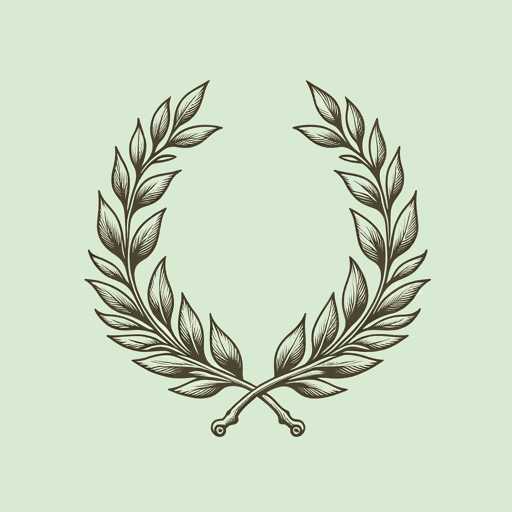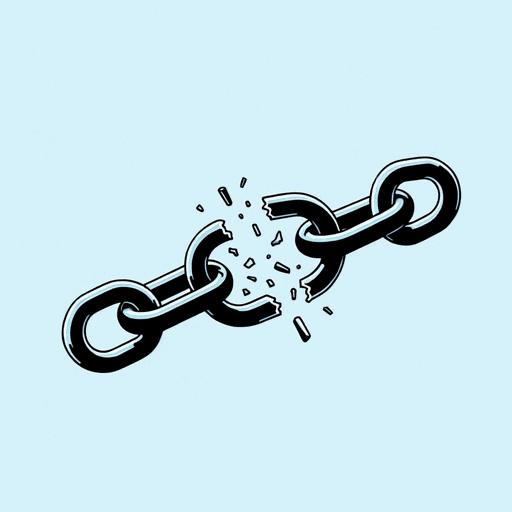17 pages • 34 minutes read
Phillis WheatleyAmerica
Fiction | Poem | Adult | Published in 1772A modern alternative to SparkNotes and CliffsNotes, SuperSummary offers high-quality Study Guides with detailed chapter summaries and analysis of major themes, characters, and more.
Summary and Study Guide
Overview
Written on the eve of the outbreak of the American Revolution and just months before the publication of her first collection of poems would make her something of a celebrity (and a curiosity) in the American colonies, Phillis Wheatley’s “America” (1772) is a passionate last-ditch call for reconciliation between the long-suffering colonies and their mother country. Wheatley uses an elaborate simile of a mother abusing her young son to the point where the child, once he attains his majority and tires of her oppression, will inevitably break free and sever all family ties. The poem would not be published until a second collection of her poems was released in 1834, well after the end of the Revolution and long after Wheatley’s death. Beyond an endorsement of the promise of American independence, however, the poem uses the history of New England’s political rebellion to define the American character itself as freedom-loving, despite Wheatley’s own second-class status as an enslaved person.
Poet Biography
In 1861, Phillis Wheatley was captured by enslavers during raids along the West African coast in what is today the Republic of the Gambia. Since she was in frail health, the enslavers opted not to deliver her to the US South, where they would not get top dollar for her because the demanding stolen labor and brutal conditions would most likely kill her quickly. She was taken instead to the northern port of Boston, where a wealthy family bought her. Using the development of her teeth as a guide, the family’s doctor estimated her to be seven years old.
They gave Phillis their family name, Wheatley, and called her Phillis after the name of the slave ship that brought her. The Wheatley family taught Phillis to read and write and opened their vast library to her. Phillis proved precocious, reading widely in both classical poetry and the sciences. She published her first poem at the age of 17, an elegy mourning the death of Reverend George Whitfield, one of New England’s most revered evangelical preachers who had been almost singlehandedly responsible for igniting the Second Great Awakening along the New England seaboard.
The poem generated wide interest in the young woman. Wheatley continued to write original verse but found little interest among Boston publishers largely because she was an enslaved person; some even questioned if she were capable of writing poems. Ironically, given the mounting pressure for independence from Britain, Wheatley found a publisher in London. Her collection of poems, Poems on Various Subjects, Religious and Moral, appeared to great acclaim in 1773—the first book published by a Black woman from the colonies. The book included a number of elegies as well as translations of writers from Antiquity, most notably Ovid. The book and its author became important figures in the burgeoning abolitionist movement as her poetry drew attention to the accomplishments possible for Black enslaved people.
With the death of Mrs. Wheatley in 1774, Phillis Wheatley, now an internationally known poet, was given her “free” status by the family. Despite her celebrity, Wheatley struggled during the darkest days of the Revolution as basic goods became scarce in Boston. In 1778, Wheatley married John Peters, a free Black man and something of a reckless entrepreneur, always scheming and always broke. Times were difficult—the couple had three children, none of whom survived childbirth.
Sickly and frail and now penurious, Wheatley took a cleaning job as a scullery in a boarding house. Wheatley never stopped writing verse but could not find a publisher for a second collection. She died in December 1784, at the age of just 31, destitute and penniless, as a result of a difficult delivery in which the baby died. It is uncertain where Wheatley was buried, but her grave is most likely in Copp’s Hill in north Boston.
Poem Text
Wheatly, Phillis. “America.” 1772. Poetry Nook.
Summary
The poem opens with a brief summary of the history of New England settlements, how English settlers turned a wilderness into a settlement by driving out the Indigenous population (the “savage monsters” [Line 3]) to clear the way for England, referred to throughout the poem as “Britannia”—the folkloric figure of a powerful woman clad for battle that has long symbolized England. The speaker then introduces the poem’s central simile, in which England is compared to a harsh and unreasonable mother and the colonies as her patient and loving son.
As this “son” (Lines 8, 11) grew in strength and virtue, England, fearing the power of the son, attempted to contain and control that power through imposing taxes on the colonies. The mother/England threatens additional taxes unless the colonies/son change their ways and accept their subjugation. It is a threat, although this mother speaks with apparent “Sympathy and Love” (Line 14).
The mother continues to punish the unruly son through many “scourges” (Line 15) until even the best and most obedient of children will inevitably rebel. England refuses to listen to the colonies’ requests and claims to not understand why the colonies are unhappy: “Why weeps my child?” (Line 19). The child chides his mother that their grievances (their “fluent tears” [Line 25]) have become like their food. In Lines 26 and 27, the colonies ask the most important questions: How can England so punish their own? Do they not all still share English blood? Fearing the colonies will rebel, England, instead of addressing their petitions, opts to keep them in “this iron chain” (Line 33)—that is to say, to oppress them with the tyranny of additional unjust laws.
The speaker implores England to reassert its love for its colonies. England’s neglect of their colonies ignores the pride it should be taking in the settlers who, through their industry, have created this all-New England. The speaker urges New England to arise and affirm their commitment to remaining a British enclave, to end this movement toward revolution. The poet, however, closes with the threat that should England decide not to work with colonies and continue its insidious campaign of oppressive taxation and arbitrary policies against personal liberty, then other European countries with “vult’ring eyes” (e.g., France) may take advantage of the schism with an eye to securing a share of the yet-untapped wealth of the New World. If, however, England works with its colonies, England will be blessed with an industrious and proud alliance with a growing and prospering New England: “By this [arrangement],” the speaker concludes, “New England will increase like thee” (Line 43).
Related Titles
By Phillis Wheatley

On Being Brought from Africa to America
Phillis Wheatley

On Friendship
Phillis Wheatley

Phillis Wheatley: Complete Writings
Phillis Wheatley

To His Excellency General Washington
Phillis Wheatley

To S.M., a Young African Painter, on Seeing His Works
Phillis Wheatley

